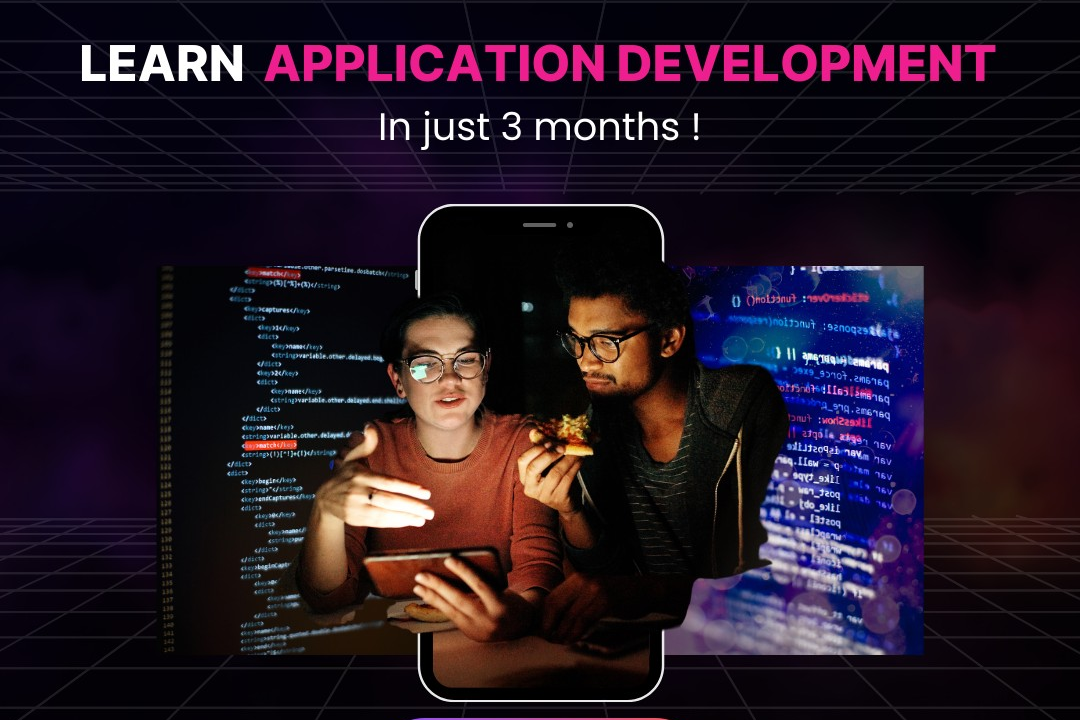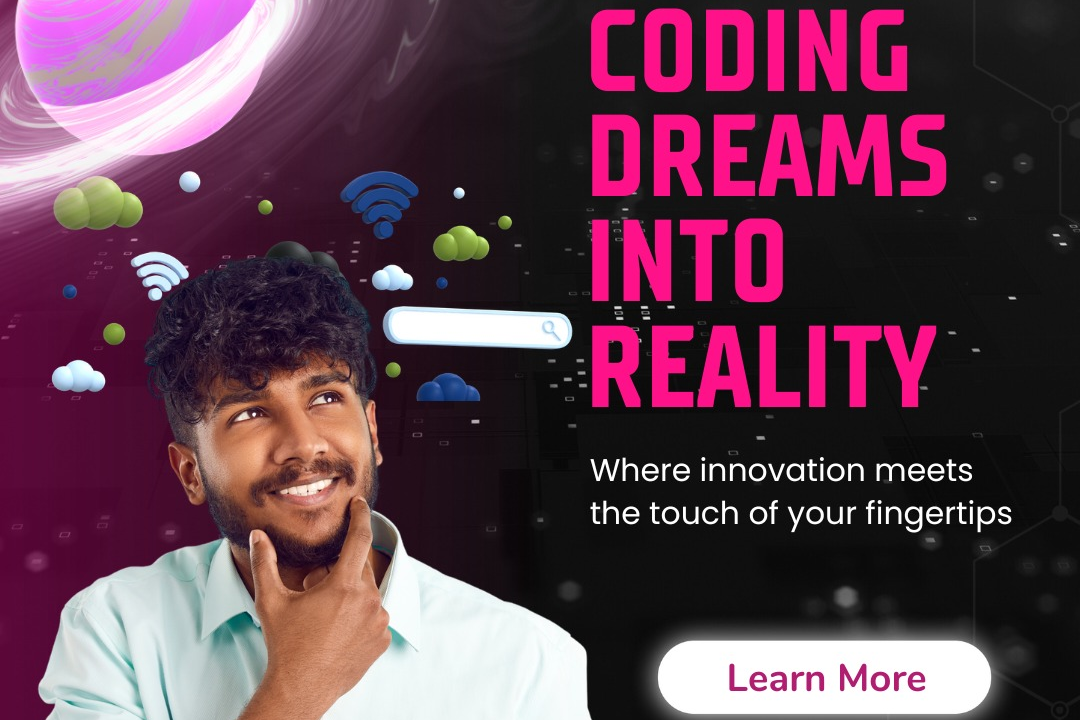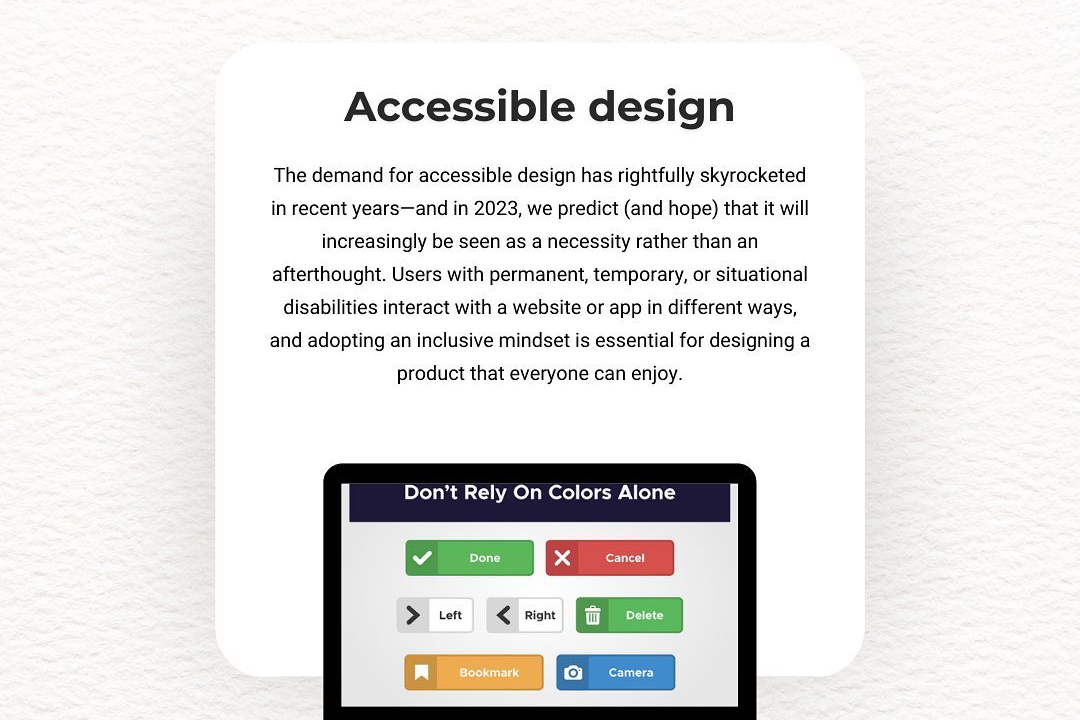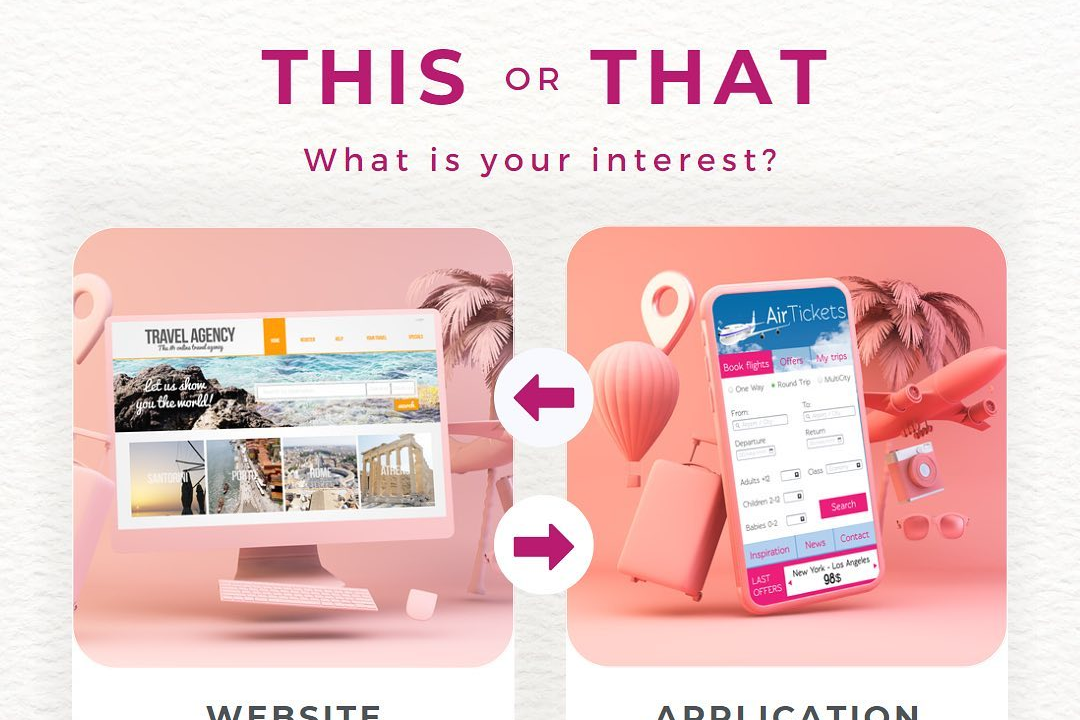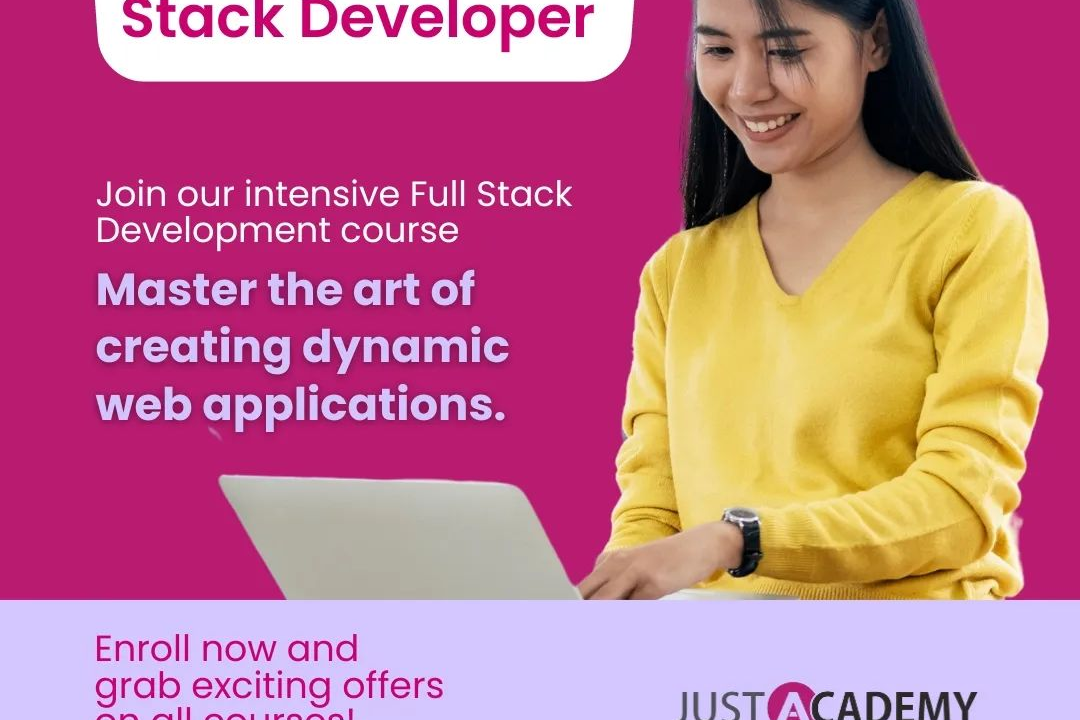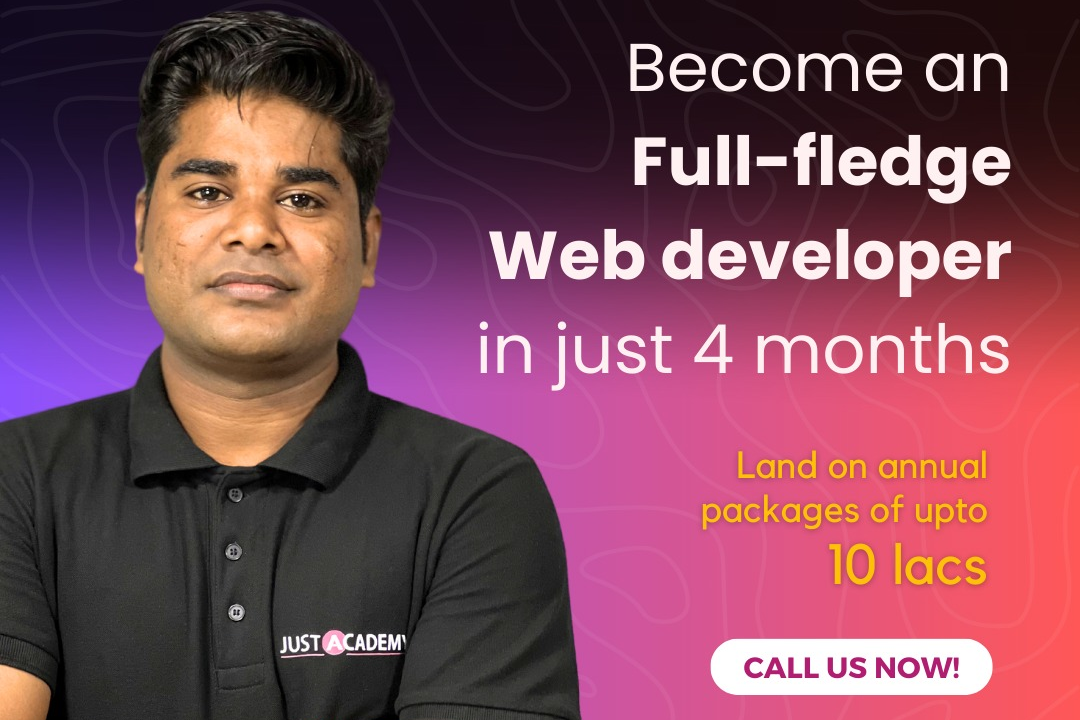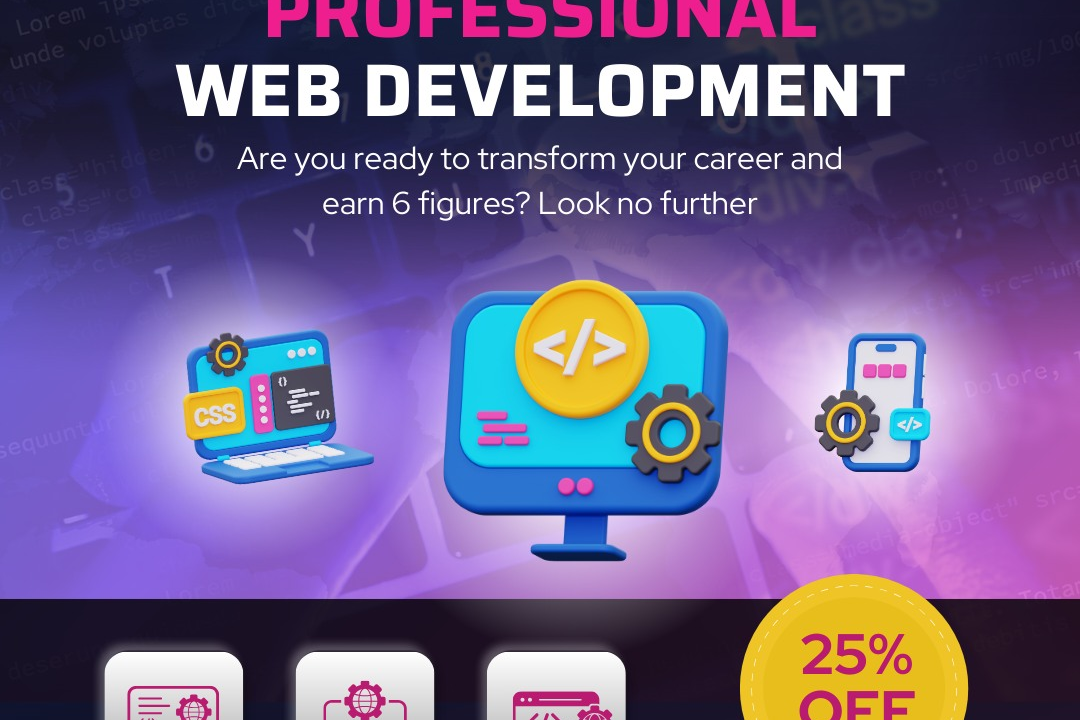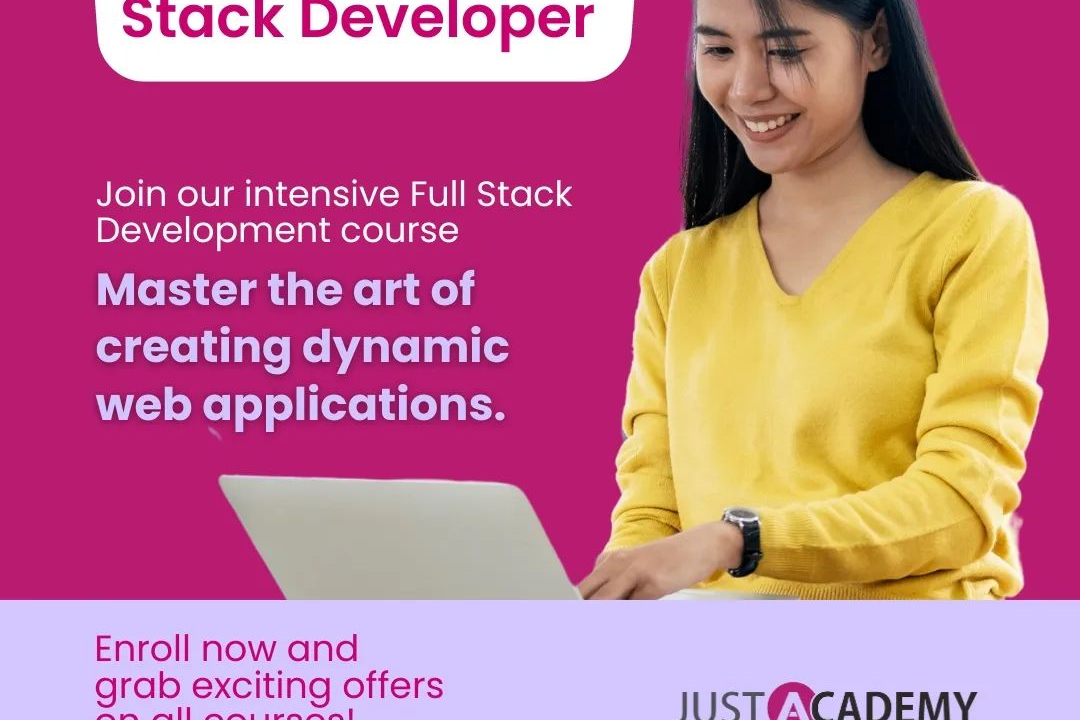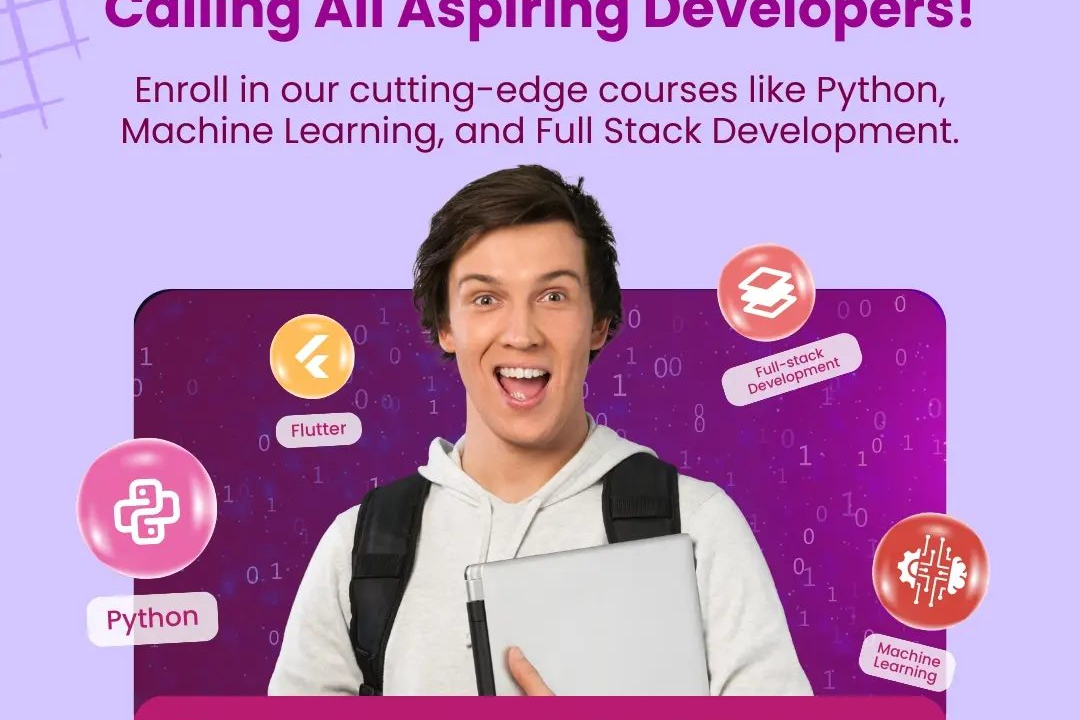Flutter Event-Driven Architecture
Enhancing Flutter Apps with Event-Driven Architecture
Flutter Event-Driven Architecture
Flutter employs an event-driven architecture that allows developers to create responsive user interfaces by reacting to asynchronous events, such as user interactions and data changes. In this architecture, the UI is built around the concept of widgets, which are immutable and describe the configuration of the interface. When an event occurs—like a button press or a network response—widgets can rebuild to reflect new states through a process called a “build” method. Flutter uses the Reactive programming model, which promotes a clear separation between the business logic and the UI, often utilizing state management solutions to manage application state, ensuring that the UI responds to changes seamlessly. This approach not only enhances performance and responsiveness but also facilitates the development of complex UIs by managing state transitions in a predictable manner.
To Download Our Brochure: https://www.justacademy.co/download-brochure-for-free
Message us for more information: +91 9987184296
1 - Introduction to Event Driven Architecture: An overview of event driven architecture and its importance in modern application development, particularly in Flutter.
2) Definition of Events: Understanding what events are in Flutter, including user interactions (taps, swipes) and system generated events (updates, notifications).
3) Event Sources: Discussion on various sources of events in Flutter such as widgets, streams, and services, and how they contribute to application behavior.
4) Event Handlers: Explanation of how to create and implement event handlers in Flutter to respond to user interactions effectively.
5) State Management: Overview of how event driven architecture facilitates state management, ensuring that the application state reacts to events dynamically.
6) Widgets as Event Listeners: How Flutter widgets act as listeners to events and respond accordingly, maintaining a reactive UI.
7) Stream based Programming: Introduction to Dart Streams and how Flutter uses them to handle asynchronous events, allowing the application to listen for data changes.
8) Using BLoC Pattern: Explanation of the BLoC (Business Logic Component) pattern as a way to separate business logic from UI in an event driven manner.
9) Event Bus Concept: What an event bus is and how it allows different parts of an application to communicate through events without direct dependency.
10) Reactive Programming: Understanding reactive programming principles in Flutter, where data flows in response to events, allowing for more concise and maintainable code.
11) Managing User Input: Exploring how events are triggered by user input, and how this is captured effectively in Flutter applications.
12) Performance Considerations: Discussing the performance implications of using event driven architecture and how to optimize event handling in Flutter.
13) Testing Event driven Code: Techniques for testing event driven components in Flutter, ensuring that responses to events work as intended.
14) Common Libraries for Event Handling: Overview of popular libraries and packages in Flutter that help manage events effectively, such as `provider`, `flutter_bloc`, and `rxdart`.
15) Real world Examples: Providing examples of real world applications that utilize Flutter’s event driven model, showcasing its versatility and efficiency.
16) Hands on Training: Interactive sessions where students implement a simple Flutter app with event handling to reinforce concepts learned.
17) Best Practices: Sharing best practices for structuring Flutter applications with an event driven architecture to promote clarity and maintainability.
18) Q&A Session: Engaging students in a question and answer dialogue to clarify doubts and solidify their understanding of event driven architecture in Flutter.
This structured approach ensures that students not only understand the theoretical underpinnings of event driven architecture in Flutter but also gain practical experience and insights into best practices for building responsive and efficient applications.
Browse our course links : https://www.justacademy.co/all-courses
To Join our FREE DEMO Session: Click Here
Contact Us for more info:
- Message us on Whatsapp: +91 9987184296
- Email id: info@justacademy.co
Android Coding Courses Darjeeling

